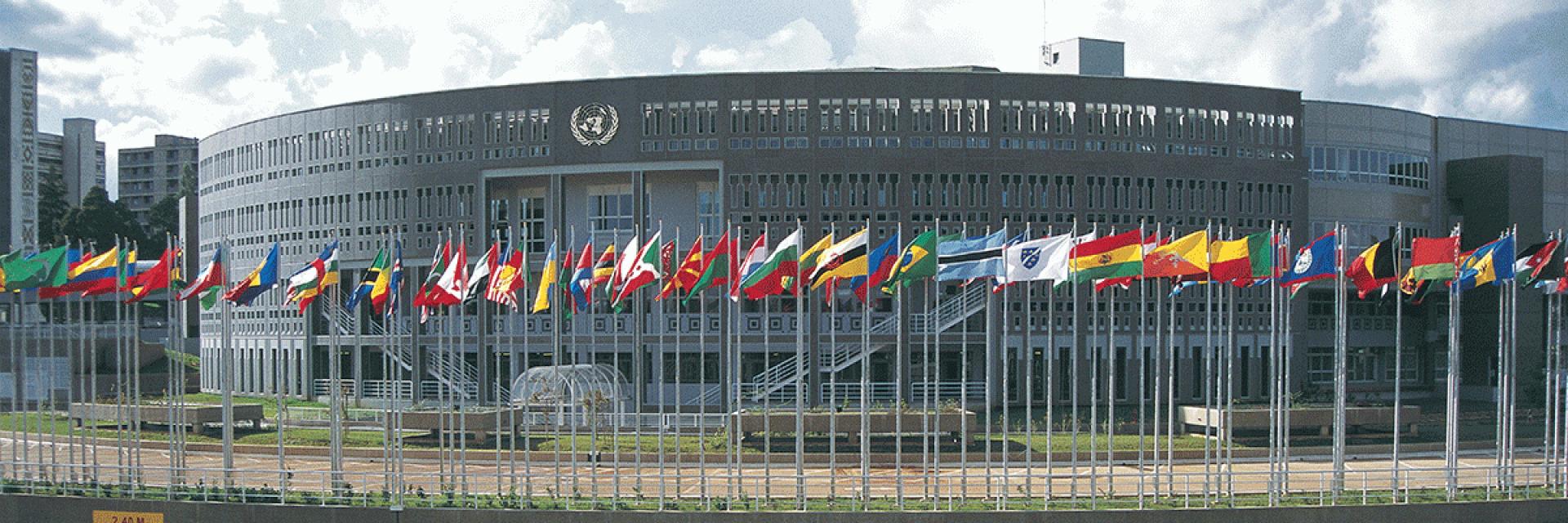There are many parallels between COVID–19 and climate change, and many lessons can be learned from the COVID response. The United Nations Economic Commission for Africa estimates that COVID-19 could cause Africa’s economies will contract by between 1.8 – 2.6%, potentially pushing 27 million people into extreme poverty[1]. At the time of writing, Covid-19 has infected more than 3 million people worldwide, with over 200,000 deaths. The World Health Organization estimates that climate change related disasters are responsible for 150,000 deaths/year, and this is projected to rise to 250,000/year by 2030. In April 2019, cyclone Idai struck 3 southern African countries (Malawi, Mozambique and Zimbabwe) resulting in over a thousand deaths; 2,486 persons injured; 196,255 households displaced; and 2 968,895 persons affected[2]. Add to this more than 800,000 hectares of crops destroyed just before harvest, over 3000 classrooms and 45 health facilities flattened. This single event alone also caused more than $3 billion damage to the economies of the 3 countries[3]. These costings relate to physical damage caused by high impact climate events, but it is impossible to calculate the cost of secondary impacts such as physical and emotional well-being, food and water scarcity, and the spread of mosquito-borne and water-borne disease, displacement, migration and so on caused by such events.
You are here
© United Nations Economic Commission for Africa

